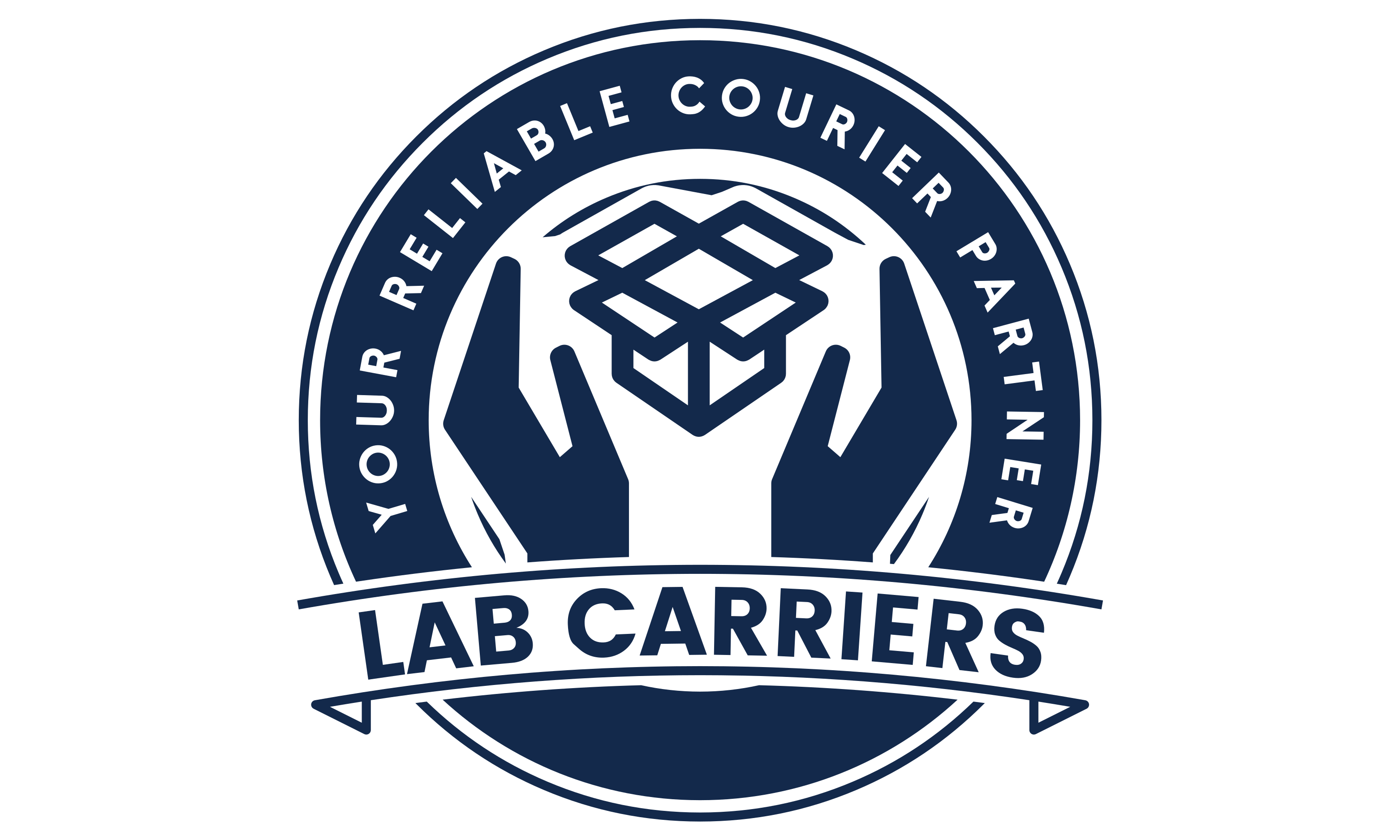Life science logistics, also known as pharmaceutical logistics or biopharmaceutical logistics, refers to the specialized transportation and supply chain management of products related to the life sciences industry. This industry includes pharmaceuticals, biotechnology, medical devices, vaccines, clinical trial materials, and other healthcare-related products. Effective logistics in the life sciences sector is crucial for ensuring the safe and efficient distribution of temperature-sensitive and time-critical products.
Key aspects of life science logistics include:
- Temperature Control: Many life science products, such as vaccines and biologics, are highly sensitive to temperature fluctuations. Maintaining the cold chain (refrigerated or frozen supply chain) is essential to preserve the integrity and efficacy of these products during transportation and storage.
- Regulatory Compliance: The life sciences industry is heavily regulated, and logistics operations must comply with various international, national, and industry-specific regulations, such as Good Distribution Practices (GDP) and Good Manufacturing Practices (GMP).
- Security and Tracking: Given the high value and critical nature of life science products, logistics providers must implement robust security measures and track shipments in real-time to prevent theft, damage, or loss.
- Customized Packaging: Packaging for life science products often needs to be specially designed to protect the contents and maintain temperature control. This may include insulated containers, temperature-monitoring devices, and other protective measures.
- Distribution Networks: Life science companies often have complex global distribution networks that require coordination and integration with various partners, including manufacturers, wholesalers, distributors, and healthcare providers.
- Just-in-Time Delivery: Some pharmaceutical products have short shelf lives or are needed urgently, so logistics must ensure on-time delivery to prevent stockouts or product expiration.
- Clinical Trials Logistics: The transportation of clinical trial materials and biological samples is a specialized subset of life science logistics. It involves strict temperature control, chain of custody management, and customs clearance for cross-border trials.
- Reverse Logistics: Managing the return of expired or unused pharmaceuticals and the disposal of hazardous waste in compliance with environmental regulations is another crucial aspect of life science logistics.
Overall, life science logistics plays a critical role in ensuring that life-saving and life-enhancing products reach patients, healthcare providers, and research organizations in a safe and effective manner. It requires specialized expertise, technology, and infrastructure like Lab Carriers to meet the unique challenges of the industry.
